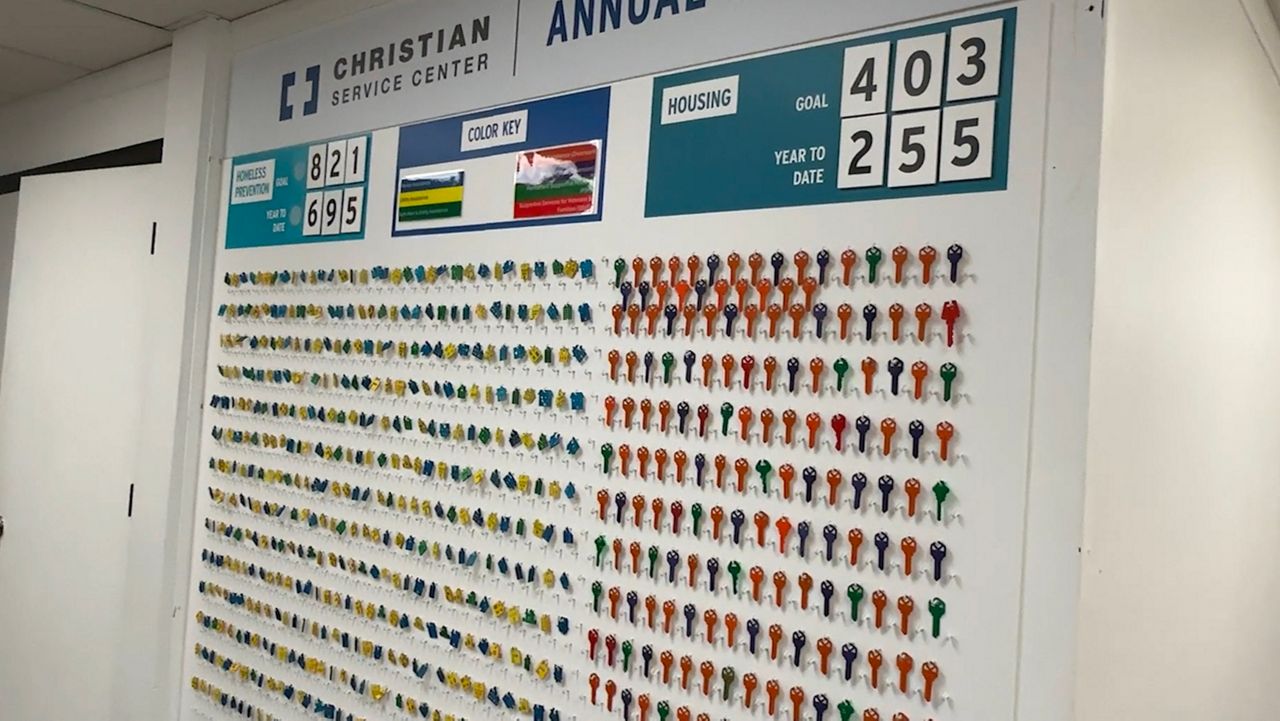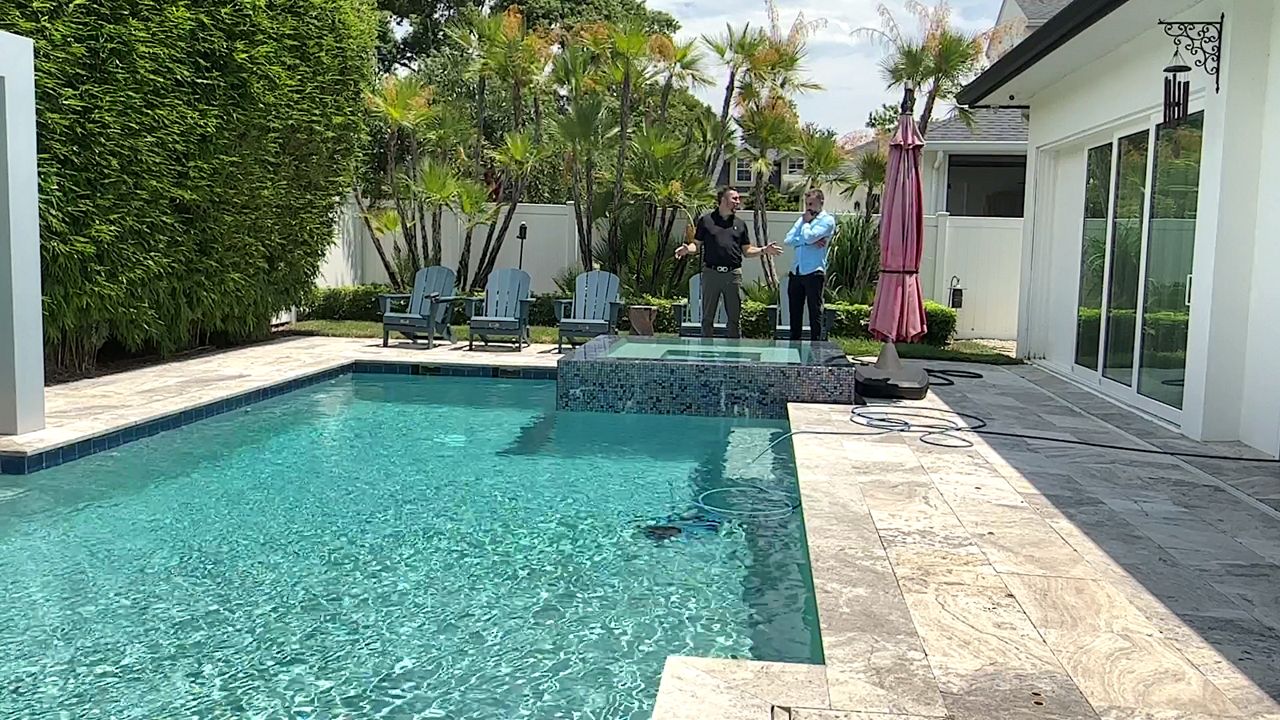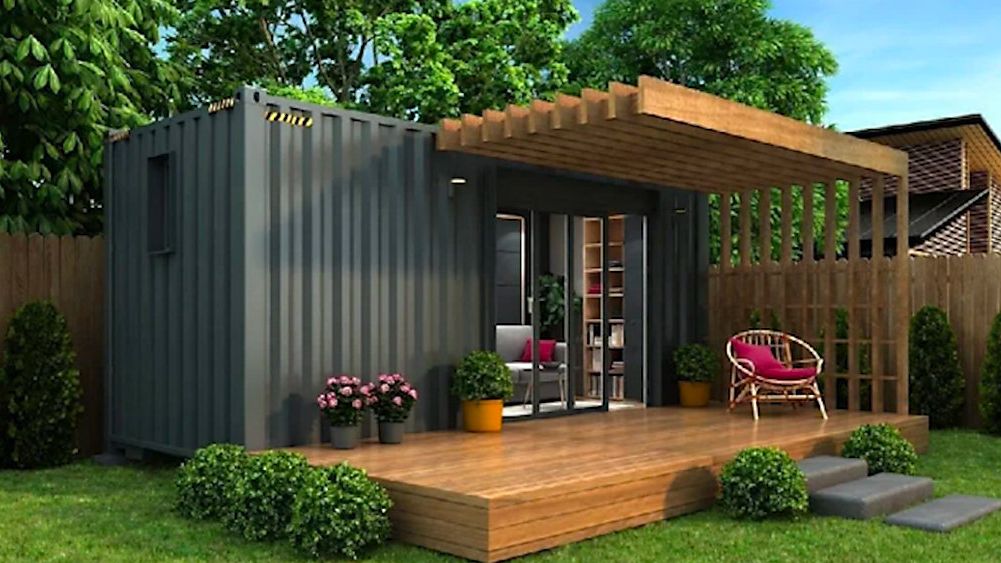FLORIDA — President Joe Biden's $2 trillion infrastructure and climate proposal sets aside about $213 billion to produce, preserve, and retrofit more than 2,000,000 affordable places to live across the country.
What You Need To Know
- President Biden's $2 trillion infrastructure plan would set aside about $213 billion to help with affordable housing
- The funds would go toward making, preserving, and retrofitting more than 2,000,000 affordable places to live across the country
- The plan would also addresses exclusionary zoning laws
Developers say if this passes, it would have big implications for low income housing.
Bathsheba Collingwood feels like finding affordable housing is becoming a game she can’t win.
“It’s just like a wait and see. Wait and see what happens, wait and see for my name to be called," she said.
She thinks Biden’s proposal would tip the odds in her, and her family’s favor.
“It would help a lot of families like me. Single parent families … nine times out of 10 they only have their mother," said Collingwood. “If I had affordable housing, I wouldn’t be paying so much in rent, and more of that can go to my kids.”
Broker Chris Bright weighed in on this plan to produce, preserve and retrofit homes, saying it’ll take a combination to address central Florida’s housing crisis.
“The newer units would obviously be the top, higher choice," said Bright. "However, when you’re creating something from scratch, that’s going to take a lot more time, and unfortunately central Florida residents who are especially looking for these lower cost options, simply just don’t have the options right now.
He says retrofitting means converting an old factory into lofts, or old motels into apartments.
It can be more costly, but "those would probably go much faster because most of that infrastructure is already there," he said.
Jessica Burns, president of general contracting and construction management firm RL Burns, says other parts of this bill could also affect affordable housing.
“Things that he’s looking to do in terms of climate change may have some effect on material prices, as I mentioned lumber," said Burns.
Burns says, there’s a long way to go to even out supply and demand when it comes to affordable housing.
But, this plan gives Collingwood hope.
“I’m thankful for that portion that he’s putting toward affordable housing because maybe I’ll get approved for section 8," said Collingwood.
The plan also addresses exclusionary zoning laws, which can put up red tape when it comes to issues like keeping construction costs down.









